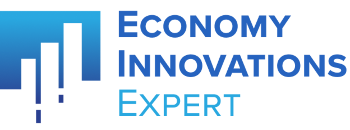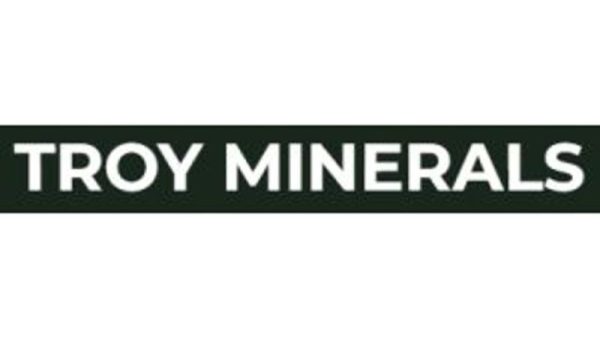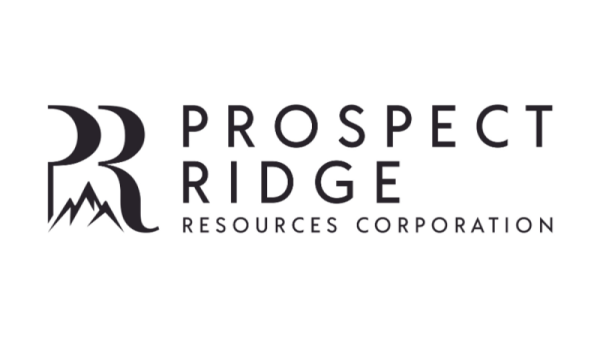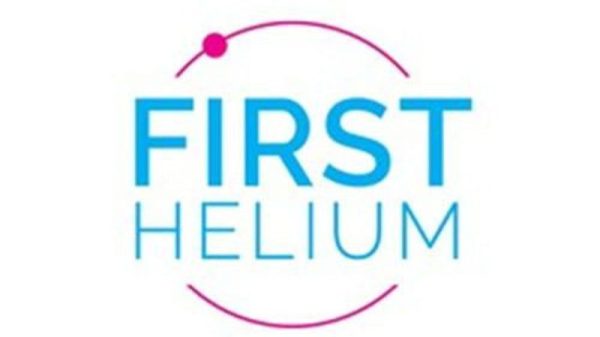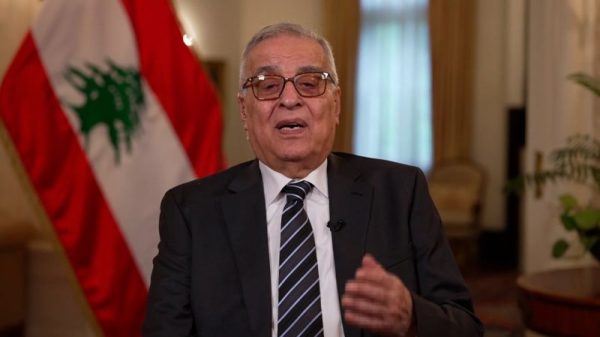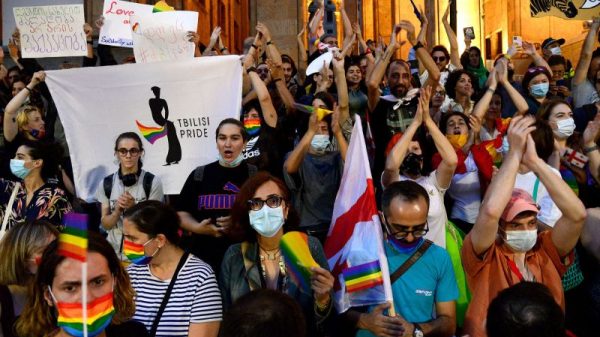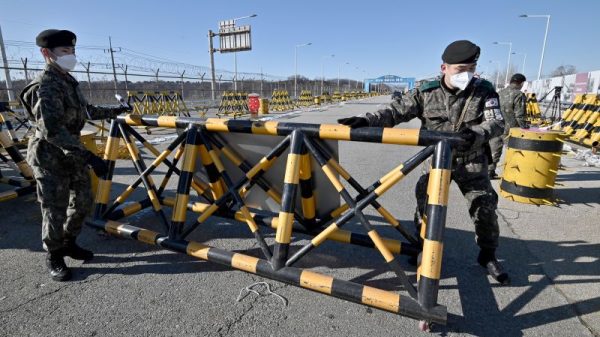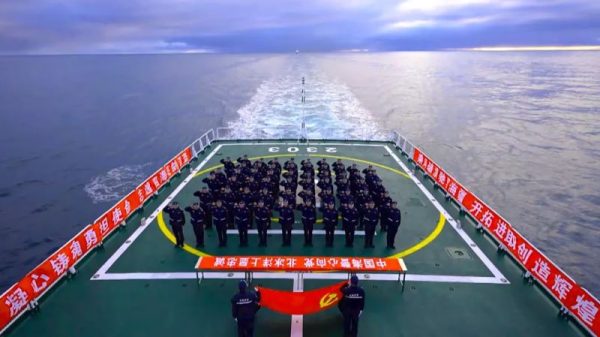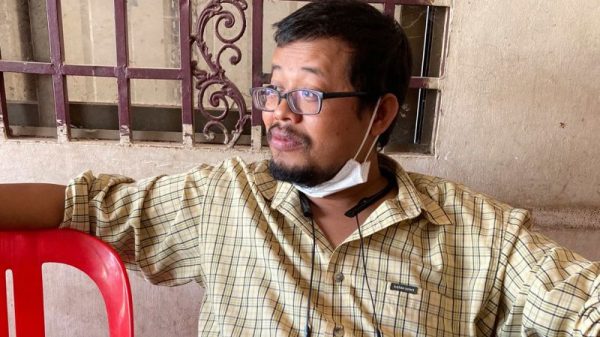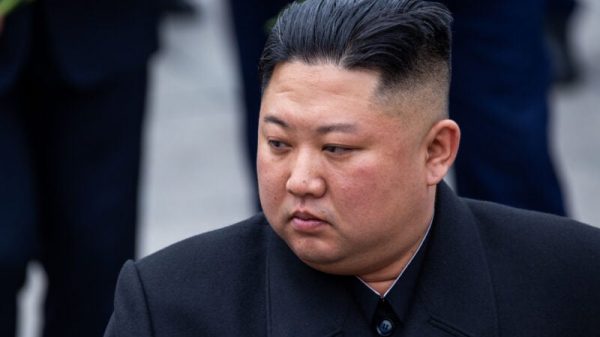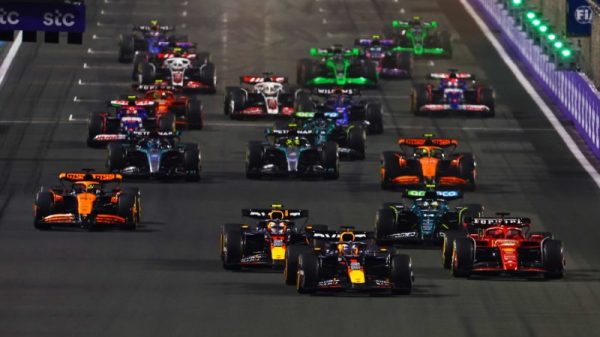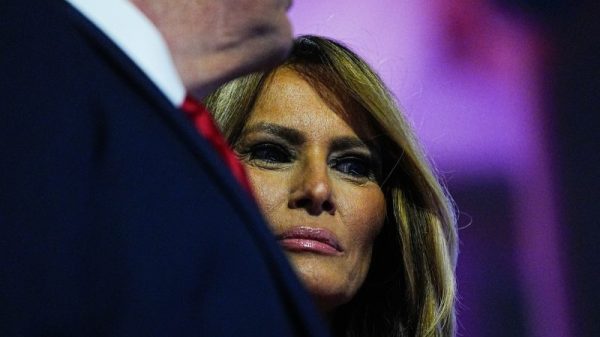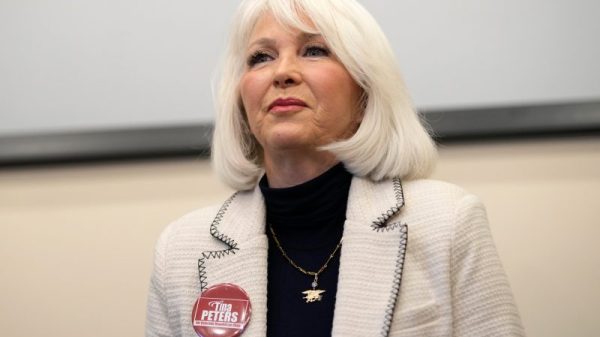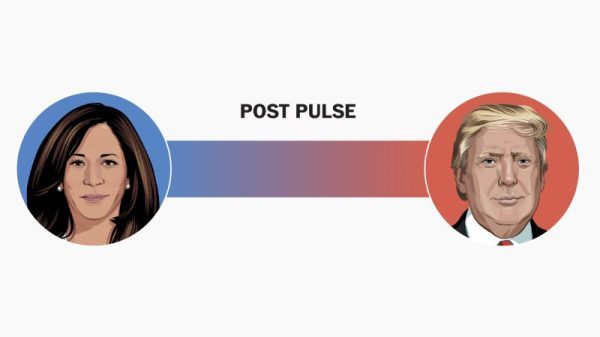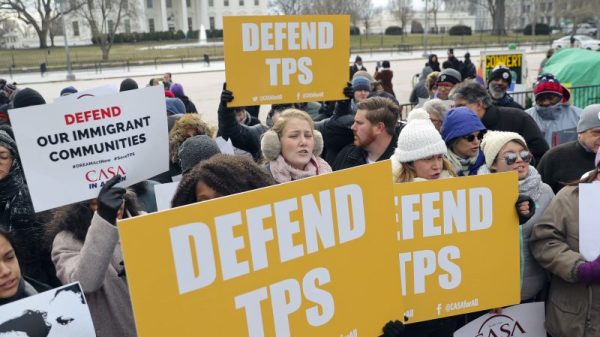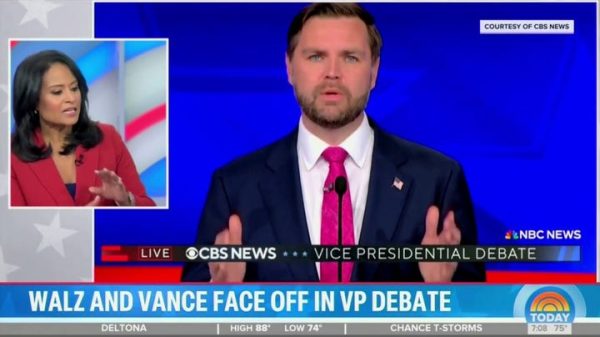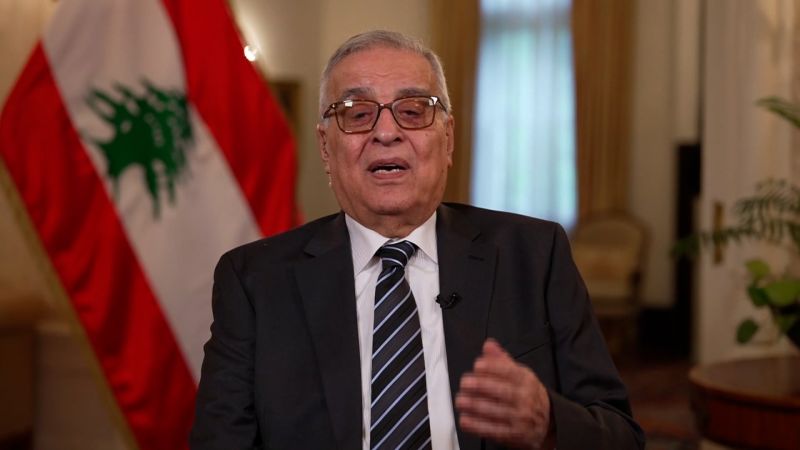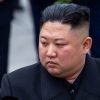The temporary ceasefire was called for by US President Joe Biden, his French counterpart Emmanuel Macron and other allies during last week’s UN General Assembly.
“He [Nasrallah] agreed, he agreed,” Habib told Christiane Amanpour in an interview aired on Wednesday.
“We agreed completely. Lebanon agreed to a ceasefire but consulting with Hezbollah. The [Lebanese House] Speaker Mr. Nabih Berri consulted with Hezbollah and we informed the Americans and the French what happened. And they told us that Mr. [Israeli Prime Minister Benjamin] Netanyahu also agreed on the statement that was issued by both presidents [Biden and Macron.]”
White House senior adviser Amos Hochstein was then set to go to Lebanon to negotiate the ceasefire, Habib continued.
“They told us that Mr. Netanyahu agreed on this and so we also got the agreement of Hezbollah on that and you know what happened since then,” the foreign minister added.
Nasrallah was killed in an Israeli airstrike on Friday in the southern suburbs of the Lebanese capital Beirut.
A day earlier, a joint statement issued by the United States, France, Australia, Canada, the European Union, Germany, Italy, Japan, Saudi Arabia, the United Arab Emirates, the United Kingdom, and Qatar called for a 21-day ceasefire, “to give diplomacy a chance to succeed and avoid further escalations across the border.”
A Western source familiar with the negotiations also said Hezbollah had agreed to the temporary truce shortly before the US released the proposal last week. The source didn’t say whether the decision had come directly from Nasrallah, but said that for the movement to agree, they would have needed his approval. A second source familiar with the talks agreed that the US was aware that Hezbollah was agreeing to the ceasefire.
State Department spokesperson Matthew Miller did not rule out that it had happened, but also said the US was not aware.
“We were having a number of diplomatic engagements to talk about the proposals that we were going to put forward. I think all of the parties were well aware of the proposals that we were going to put forward, but at no time in those conversations did we get a message that Hezbollah had agreed or was going to agree to it,” Miller said.
Hezbollah never officially announced their position publicly. It appeared Hezbollah was waiting to see what Israel would do once the US, France and the other allies put out the statement on Wednesday night announcing the ceasefire.
But hours later, Prime Minister Benjajmin Netanyahu said Israel would “continue to hit Hezbollah with all our might.” Israeli officials tried to explain what happened as an “honest misunderstanding,” saying they thought the proposal “was the start of a process that could ultimately lead to a ceasefire.”
The US official said that the administration retreated from pushing last week’s ceasefire plan once they learned Israel may try to take out Nasrallah.
In response to a question on the United States’ diminishing influence in the region, Habib said Washington was “always important in this regard.”
“I don’t think we have an alternative. We need the United States’ help. Whether we get it or not, we’re not sure yet, but [the] United States is very important, vital for the ceasefire to happen,” said Habib.
